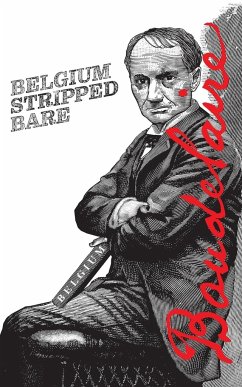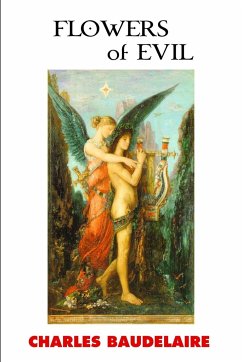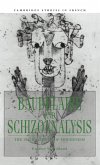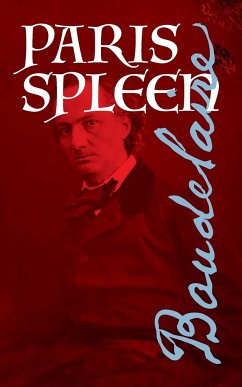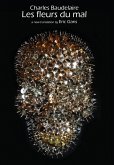In April of 1864, Baudelaire departed Paris for Brussels with something of a massive shipwreck in his wake: his major work, Les fleurs du Mal, had been condemned and censored a decade earlier, many of his other works were out of print, and he pawned his prized Poe translations to gain much needed survival money. Fearful of being imprisoned for debt, the poet who was an outcast in Paris would soon become a pariah in Brussels. Not long after his arrival, rumors spread that he was a spy reporting on Republican exiles on behalf of the French police. While encountering a pestiferous city in the midst of redevelopment, and after failing to secure a publisher for his work, Baudelaire would begin writing notes for his projected book on Belgium. In his catalogus rerum of Brussels and the Belgians, the general overruling condition is one of blandness and dissolution: with observations ranging from those of a sociologist to an anthropologist, city planner, and aesthete, through Baudelaire's fleeting eye, we witness his examination of physiognomy, cultural and political customs, Belgium's fear of annexation by France, & more. Deemed a mean-spirited and even xenophobic book by figures such as Derrida, Baudelaire himself spoke of it as a sketch and satire that had the double advantage of being a caricature of the follies of France and a simulacrum of a Democratic state. As he attempted to complete his project on Belgium as well as other works, Baudelaire suffered violent attacks of neuralgia, then, in early 1866, he was plagued with more attacks, dizzy spells, and nausea. After a cerebral stroke, he was left hemiplegic and mute. In this veritable full-scale examination of every aspect of life in Belgium, Baudelaire's perspectival eye catches a world in a glance. The poet's plethora of notes and vast collection of related newspaper clippings (summarized within) reveal to us the inner workings of his mind, what Blake called the artist's Infernal workshop. Belgium Stripped Bare is an aesthetico-diagnostic litany of often vitriolic observations whose victory is found in the act of analysis itself, in the intoxication of diagnosis, just as great comedians exult in caustic and biting observations of society, a slap in the face of the status quo.
Hinweis: Dieser Artikel kann nur an eine deutsche Lieferadresse ausgeliefert werden.
Hinweis: Dieser Artikel kann nur an eine deutsche Lieferadresse ausgeliefert werden.

